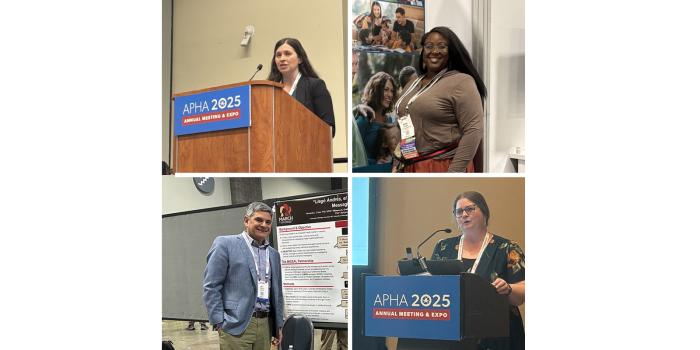Implementing a Maternal health and PRegnancy Outcomes Vision for Everyone Community Implementation Program
Implementing a Maternal health and PRegnancy Outcomes Vision for Everyone Community Implementation Program (IMPROVE-CIP) focuses on issues contributing to maternal death and severe illness, including mental health, substance use, psychosocial factors, and social and structural determinants of health.
IMPROVE-CIP is a program of the National Institutes of Health (NIH) Implementing a Maternal health and PRegnancy Outcomes Vision for Everyone (IMPROVE) initiative launched in 2019 in response to high rates of pregnancy-related complications and deaths in the U.S.
The NIH IMPROVE initiative funds research to reduce preventable causes of death in pregnant women and improve health before, during, and after delivery. Like the broader IMPROVE initiative, IMPROVE-CIP focuses on health differences and the people most affected by maternal death and severe maternal illness.
IMPROVE-CIP is supported by the National Heart, Lung, and Blood Institute, Eunice Kennedy Shriver National Institute of Child Health and Human Development, National Institute of Nursing Research, and the Office of Research on Women’s Health.
IMPROVE-CIP goals:
- Use implementation science to bring known effective maternal health interventions into communities severely impacted by maternal health differences.
- Empower the most impacted communities across the U.S. to be full partners in community-engaged implementation research to reduce differences in outcomes in maternal death and severe maternal illness.
- Identify and distribute effective application strategies that harness community strengths and knowledge to address factors (e.g., facilitators or barriers) that affect the adoption of evidence-based practices or interventions to improve maternal health.
- Strengthen partnerships between researchers and community-based organizations to support translating implementation-research evidence into usable tools and knowledge.

